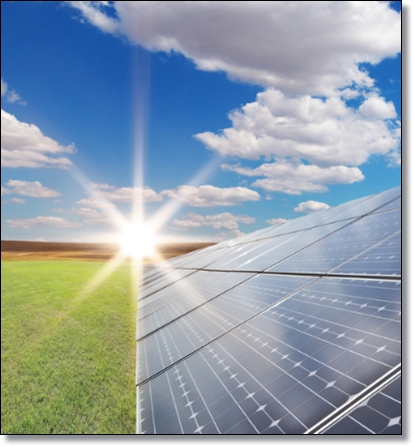Electricity and Water: Which Way for Nigeria?

 |
| Photo courtesy |
Digging water boreholes and using solar, while they sound to be the solution, is not long term. Infrastructure such as water and power are unique in that their delivery takes pipes and wires and require land. While there are sources of power generation, the exotic ones, so called renewal, are less than 1% of power generation worldwide, and that position will stay for the foreseeable future.
As an economic development practitioner with a position on a state board that gives loans to businesses in Texas that use cutting edge technologies, I am opportune to see project packages and the challenges to prove sustainability. Green energy is not all that, it is like what we say in US describing someone who is new and a novice, ‘green,’ unproven and untested. Digest the numbers/sources of power generation positions below.
Water is basically separated into two categories: senior and junior water, and there is need for a recharge of aquifers to sustain constant draw as in the case of urban use. Therefore, water boreholes are temporary and not suited to the added engineering benefits one gets and expects from well run and authorized municipal water system.
The mentality and culture of ‘to your tent O’Israel’ has devastating effect on Nigeria that claims to be One Nigeria. By individualizing services such as water and electricity, coupled with a weak public safety leading to wanting private security, every Nigerian shoots and aims to go it alone. While at it, Nigeria may very well start to build their individual roads/streets so only their car ply on them. Everything is possible in dear Nigeria.
The sun does not shine all the time nor the wind blow all the time. These sources are championed by those who believe they provide the alternative to a nation using traditional sources that are proven.
If Nigeria for instance, needs about 16m housing units, and each household uses or buys solar panels to the tune of $3000 or say N500,000, that equates to $3b for every 1Million households. For 16m, it is $48b, a sum far bigger than what is requires to produce regular power by utilities. Assuming an average household spends say $50 monthly on utilities, it will take them 5 years to spend that on power from a utility, an investment proposition that is less painful. Imagine every Nigerian household spotting a solar panel on its roof. Remember, back in the day of high TV antennas, it was an ugly sight.
In US that has invested more in renewable energy sources than most countries, the rush to its use has not produced the desired outcome. While technology keeps improving the capacity and efficiencies of solar, the result has been dismal and we are light years away from mass delivery to rival what traditional sources have provided.
Back to Nigeria, the sun shines more and with high intensity in the north but given the desert dust factor, one is reminded that the surface of solar panels has to remain relatively clean to maximize its production capacity. For the southern sector, its rain is acidic and as we know from basic science, acid attacks everything.
Every technology has its challenges. For developing countries with poor public companies and limited financial capacities, they often default into ‘quick fixes’ that end up causing more challenges. Instead of a lumpsum investment in buying and installing solar panels, why shouldn’t Nigeria’s leadership exercise strong political will and develop utility companies independent of political influence and have those utilities funded via public traded companies?
Developing well-structured utility companies duly authorized and listed on the stock exchange, will expand opportunities for investment and create more jobs. Nigeria’s pension funds and retirement systems should be mandated to invest in these utilities and related entities. Nigeria’s power needs will never be met via budget allocation of the federal and or state governments. With the states so poor financially speaking and unable to create and develop tradable financial instruments, they are paralyzed.
In US, power utilities are for the most part publicly traded by private entities or coops for certain localities. Water is basically provided by local government cities and counties, as self-sustaining entities whereby there are no stock and or shares bought and sold on them. They are funded in some cases by general obligation bonds but primarily by revenue bonds because as a utility entity, they have a revenue stream.
Nigeria’s individual water boreholes are not the answer because the water is not properly treated. With septic tanks dotted all over without regards for rigid distancing and proximity requirement in relation to water boreholes, no wonder more than 70% of public health challenges in Nigeria are related to poor water.Water penetration at the subsurface level is powerful and draws on itself. Imagine what goes on between the septic tanks and boreholes; it’s a tango dance.
Digging individual boreholes for water is not the answer and flying solar panels for energy is definitely one of those voodoo propositions that sounds too good to be true.
Ejike Okpa II
Dallas, Texas.
